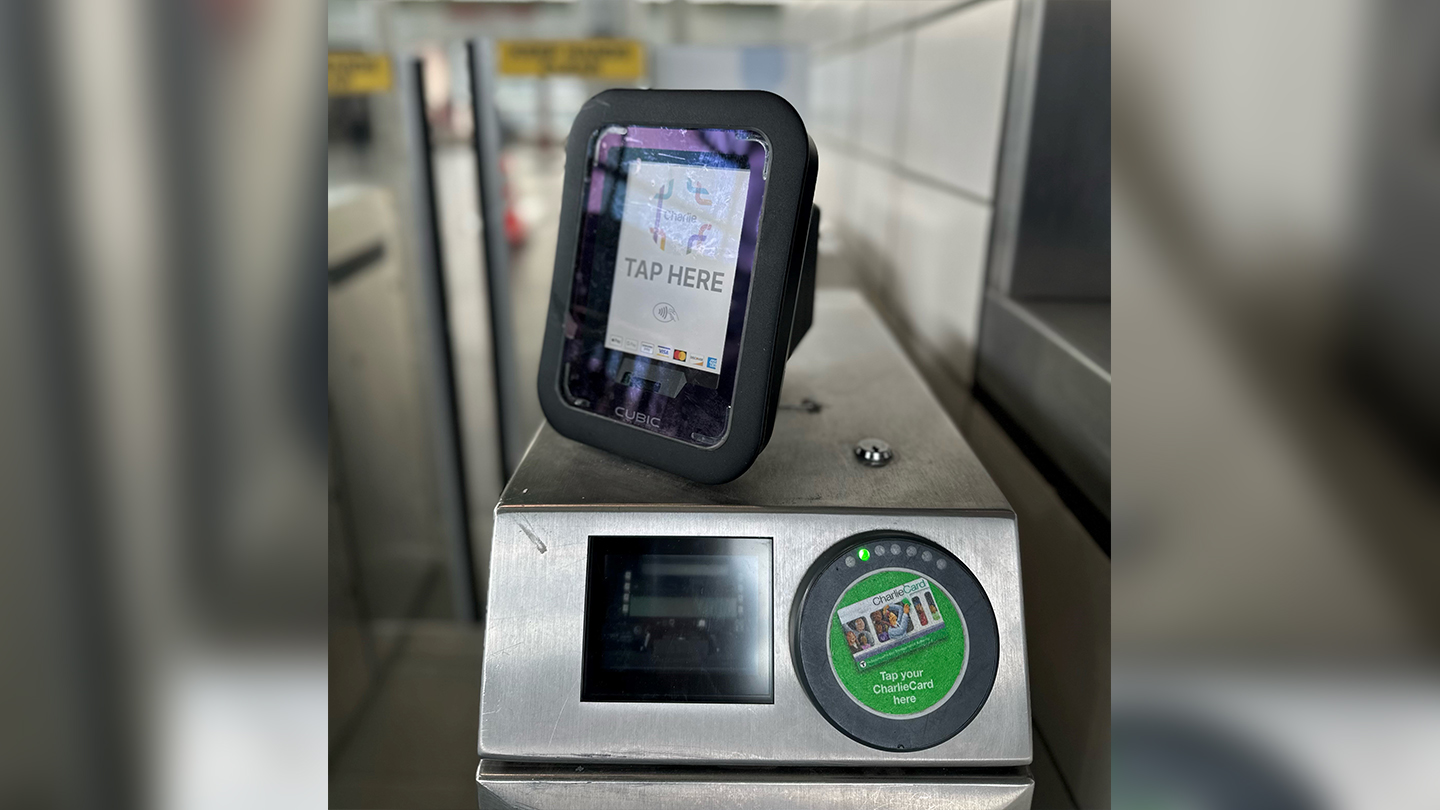Three weeks after a special commission appointed by Massachusetts Governor Charlie Baker unveiled recommendations for fixing Boston’s MBTA, Monday the panel members got a grilling from members of the Legislature’s Transportation Committee.
The Baker panel, formed after a winter of disaster on the transit system 1 million riders a day count on, included as one of its boldest recommendations a takeover of the T by a “fiscal and management control board” with sweeping new powers to cut costs, privatize services, and renegotiate labor expenses.
But now that Baker has forced out six members of the existing Massachusetts Department of Transportation board that had overseen the T, and will get to name replacements by May 15, legislators seem to have major doubts they need to create what some called a whole new bureaucracy to oversee the T. Rather, they said, a new Baker-controlled transportation board should be able to effect most or all of the reforms the special commission envisioned a “control board” taking on.
“There's many of the things they want to get done that they can get done, today,’’ said Senator Thomas McGee, a Lynn Democrat and co-chairman of the legislative panel.
Rep. William Straus, a Mattapoisett Democrat and House co-chairman, agreed: “It sounds to me like you could make modest changes in the authority and chain of command without trying to reinvent the wheel … The policy things that we want to accomplish, we ought to be able to graft into the existing MassDOT structure.’’
“The distinct financial control board, other than it’s a new board and it’s new appointees, I didn’t hear anything” that made clear why it has to be established rather than the T getting fixed with better attention from the DOT board, Straus said.
But Transportation Secretary Stephanie Pollack and interim MBTA general manager Frank DePaola said the DOT board – which meets once a month and has to sign off on every transportation contract in the state worth over $15 million – can’t bring the kind of proactive and aggressive attention to fixing the T as Baker’s control board could.
Massachusetts
The latest news from around the state
DePaola said: “I think a board focused primarily on the T and making the T a better operating and functioning agency will help and not be the distraction of a once-a-month oversight board that essentially for now just approves contract actions.’’
Pollack all but called the DOT board a rubber stamp organization, saying, “It gets all the information is gets pretty much when the decision is about 99 percent made and there’s not much choice.’’ Pollack said the DOT board as established in law doesn’t have powers to be proactive and set priorities for spending and reform.
Control board or DOT board doesn’t, as you can imagine, resonate much with many riders, who just want better management and funding – “probably both, and clearly some investment, too,’’ said Fred Ek of Cambridge, waiting to get the Number 1 bus in Boston.
Chessica Needleman of Canton agreed that “there does need to be change. Something has to happen.’’ But, she said, “I can't say if people weren't doing their jobs or not. I don’t know if that’s the case.’’
Straus, the House cochairman of the transportation committee, said he believes that “the public doesn’t make this distinction that you've got all these different siloes out there delivering transportation. They hold the governor responsible anyway.’’



